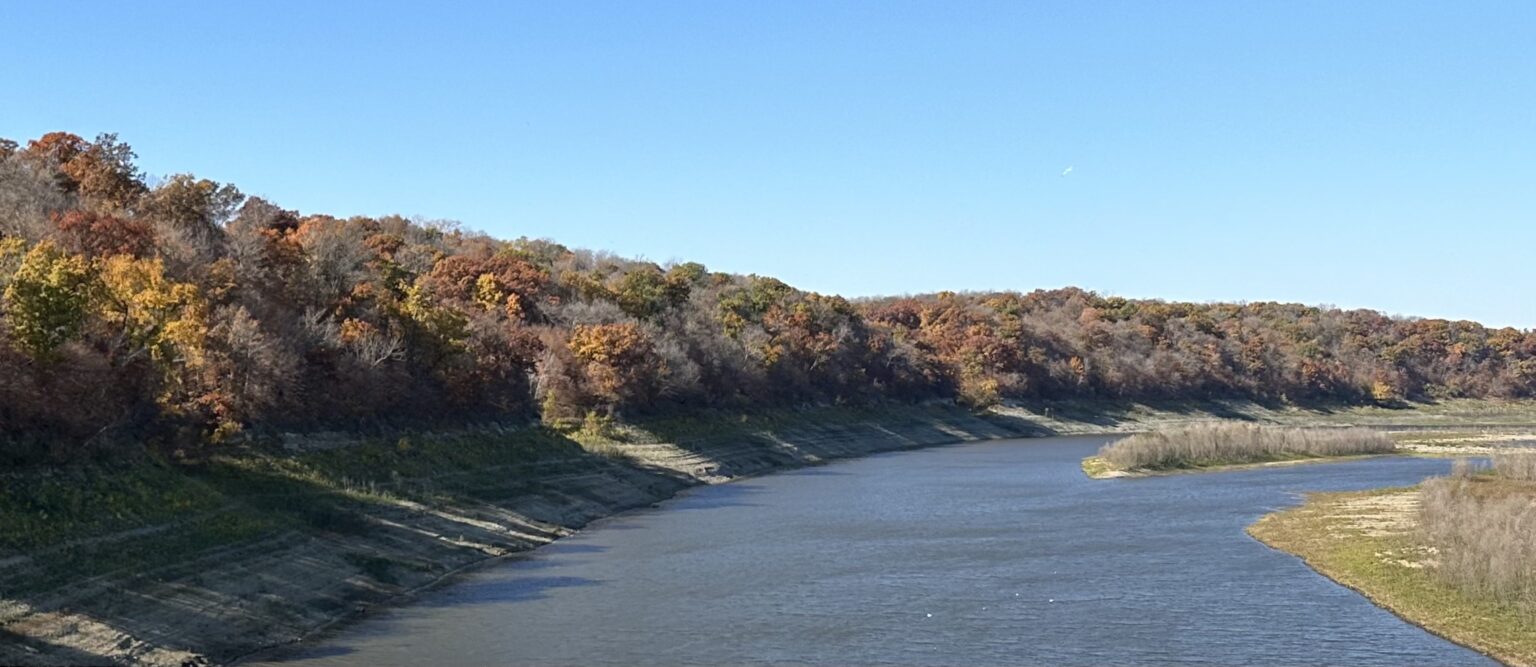Iowa AG leads multi-state opposition to court decision on Clean Water Act
October 31st, 2024 by Ric Hanson
Iowa Attorney General Brenna Bird and 24 other states filed an amicus brief with the U.S. Supreme Court Monday in support of the Port of Tacoma’s appeal of a U.S. circuit court decision that upheld a citizen’s ability to sue individuals for violating the Clean Water Act. “We must not allow unelected, green activists to weaponize lawsuits to force woke mandates, hurt farmers, or threaten cities that are working hard to keep drinking water clean,” Bird said in a press release.
The Iowa Capital Dispatch reports the original case involved a citizen-led environmental group in Washington, Puget Soundkeeper Alliance, who sued the Port of Tacoma and its tenants for not implementing stormwater controls in accordance with the state-issued pollutant discharge permits.
In June 2024, the 9th Circuit Court ruled in favor of the environmental group. The court’s opinion said “even though the (state pollutant permits) exceeded the requirements of the federal regulations, they were enforceable in a citizen suit.” Circuit Judge Diarmuid O’Scannlain wrote that without the existing precedent, “private citizens such as Puget Soundkeeper Alliance would have no standing to sue” in such cases.

(Photo by Cami Koons/Iowa Capital Dispatch)
The precedent that set the court’s opinion was a citizen suit from 1995 claiming the City of Portland had violated the Clean Water Act. O’Scannlain said in his concurring statement the precedent “continues to expand citizen standing in a way Congress never intended.” Sean Dixon, Puget Soundkeeper executive director, said in a statement at the time of the ruling that it “closes the book on a proposed loophole in environmental protection,” and will help protect clean water across his state of Washington.
The recently filed brief by Bird and other states argues that the decision “interferes with (s)tate authority over water resources” and “undermines” state environmental efforts. This interference, the brief argues, disrupts the “cooperative federalism” approach of the Clean Water Act which allowed states to “tailor” federal programs to local needs.
The precedent set by Port of Tacoma case would take away a state’s flexibility and ability to experiment with implementing various conservation laws that prioritize what is most important to citizens of a given state, according to the brief.
A press release from Bird’s office called the citizen lawsuits “politically charged” and said taxpayers would be “on the hook” paying for the government to defend itself from “woke green activists.” Bird also argued the new interpretation could lead activists to “weaponize” the Waters of the United States rule and try to enforce “radical” point-source regulations by suing farmers and cities. The brief urges the Supreme Court to reverse the judgment of the 9th Circuit Court.
“The states are calling on the U.S. Supreme Court to hear the case and restore regulatory power to the (s)tates so that farmers and cities are not forced to choose between woke, costly mandates or defending from aggressive lawsuits,” the press release said.





